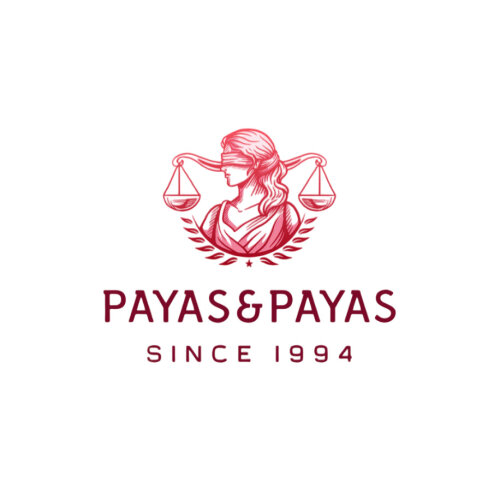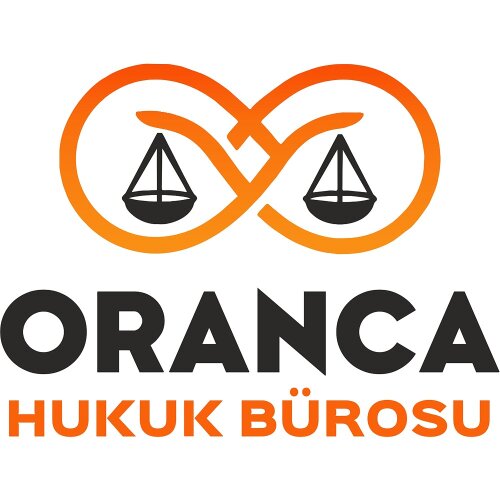Best Domestic Violence Lawyers in Izmir
Share your needs with us, get contacted by law firms.
Free. Takes 2 min.
Free Guide to Hiring a Family Lawyer
List of the best lawyers in Izmir, Turkey
About Domestic Violence Law in Izmir, Turkey:
The Law No. 6284 on the Protection of the Family and Prevention of Violence against Women in Turkey, includes the enforcement measures for domestic violence. In Izmir and other parts of Turkey, domestic violence is considered a criminal act warranting significant penalties. The Turkey's judicial system includes provisions for the arrest of the abuser, generation of policies to ensure victim safety, and even requirement of the assailant to take educational courses addressing violent behaviour.
Why You May Need a Lawyer:
If you or someone you know has been a victim of domestic violence, you may require legal assistance to ensure your safety, identify and protect your rights, and navigate the complex legal processes associated with pursuing a claim or securing a protection order. Legal help may also be necessary to ensure that the abuser faces penalties appropriately, which can include incarceration, fines, or compulsory education.
Local Laws Overview:
Local laws in Izmir, like the national laws of Turkey, state that any form of violence or threat to a family member or another individual residing in the same residence constitutes domestic violence. This includes physical, sexual, psychological, or economic violence. The Law No. 6284 is gender-neutral, protecting all individuals regardless of their sex. Also, the law ensures the treatment of applications as urgent, provision of temporary protection, and the delivery of preventive and protective injunctions for victims.
Frequently Asked Questions:
1. Where can I report domestic violence?
You can report domestic violence at your nearest police station or gendarmerie in Izmir. Additionally, you can also report the incident by calling the police hotline 155 or the women's support hotline at 183.
2. What happens after reporting domestic violence?
After reporting, a police or gendarmerie team, along with a social worker, will visit your location to evaluate and document your situation. If the threat is determined to be immediate, the authorities can enforce protection orders even without a court decision.
3. What are the possible protection measures for victims?
Protection measures can include a restraining or evictions orders, prohibition of close proximity to certain locations, or restriction in communication with the victim. In some cases, electronic ankle monitors may be required.
4. Are there shelters for victims of domestic violence in Izmir?
Yes, there are shelters operated by local governments as well as NGOs where victims and their children can find temporary refuge and support.
5. Will I be given legal aid as a victim of domestic violence?
Yes, under Turkey's domestic violence law, victims have the right to free legal aid. This is coordinated through the Bar Association’s Central Legal Aid Bureau.
Additional Resources:
The Ministry of Family, Labor and Social Services operates several helplines - the Violence Prevention and Monitoring Centers provide counseling, financial assistance, and temporary protection, while the ALO 183 Social Support Hotline can offer immediate telephone-based counseling and support.
Next Steps:
If you need legal assistance in cases of domestic violence in Izmir, your initial step should be to report the incident to the police or the gendarmerie. Next, consider hiring a lawyer, especially for complex cases. Remember, as a victim you are entitled to free legal aid and don't hesitate to reach out to the designated public agencies for support and advice.
Lawzana helps you find the best lawyers and law firms in Izmir through a curated and pre-screened list of qualified legal professionals. Our platform offers rankings and detailed profiles of attorneys and law firms, allowing you to compare based on practice areas, including Domestic Violence, experience, and client feedback.
Each profile includes a description of the firm's areas of practice, client reviews, team members and partners, year of establishment, spoken languages, office locations, contact information, social media presence, and any published articles or resources. Most firms on our platform speak English and are experienced in both local and international legal matters.
Get a quote from top-rated law firms in Izmir, Turkey — quickly, securely, and without unnecessary hassle.
Disclaimer:
The information provided on this page is for general informational purposes only and does not constitute legal advice. While we strive to ensure the accuracy and relevance of the content, legal information may change over time, and interpretations of the law can vary. You should always consult with a qualified legal professional for advice specific to your situation.
We disclaim all liability for actions taken or not taken based on the content of this page. If you believe any information is incorrect or outdated, please contact us, and we will review and update it where appropriate.












